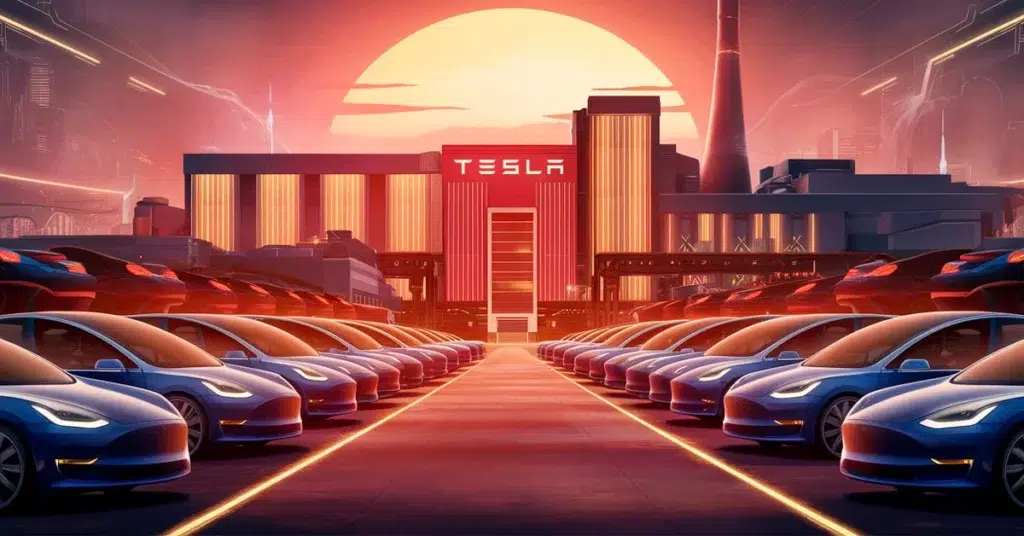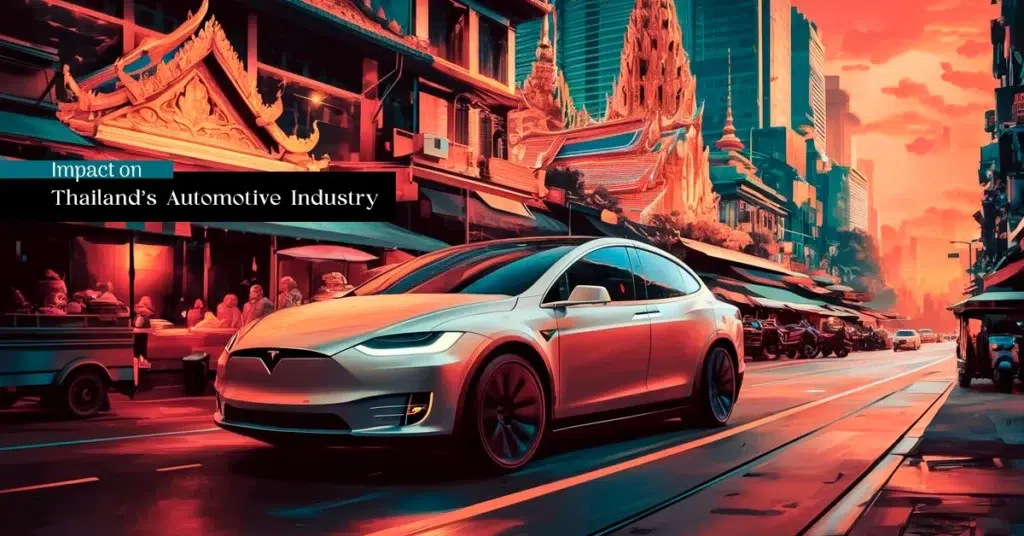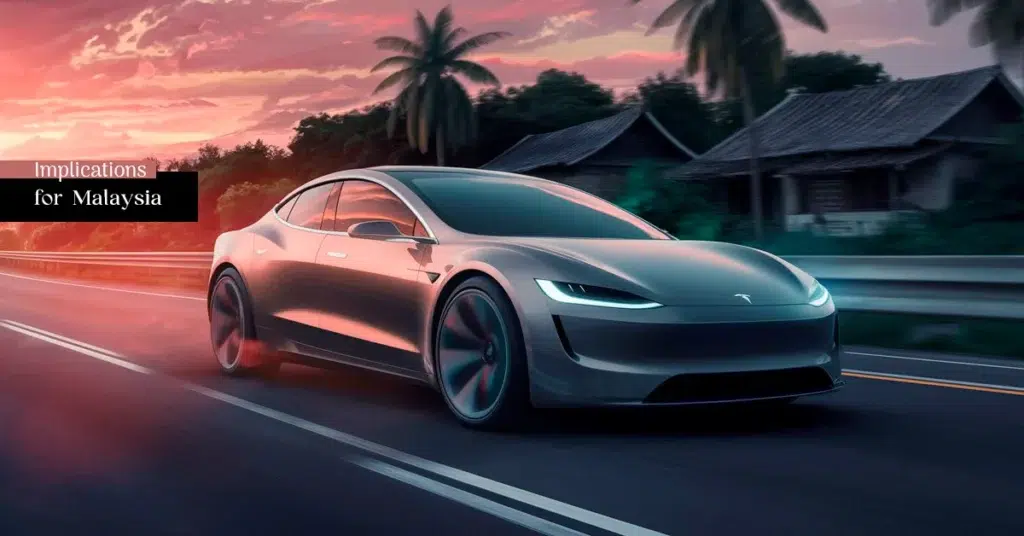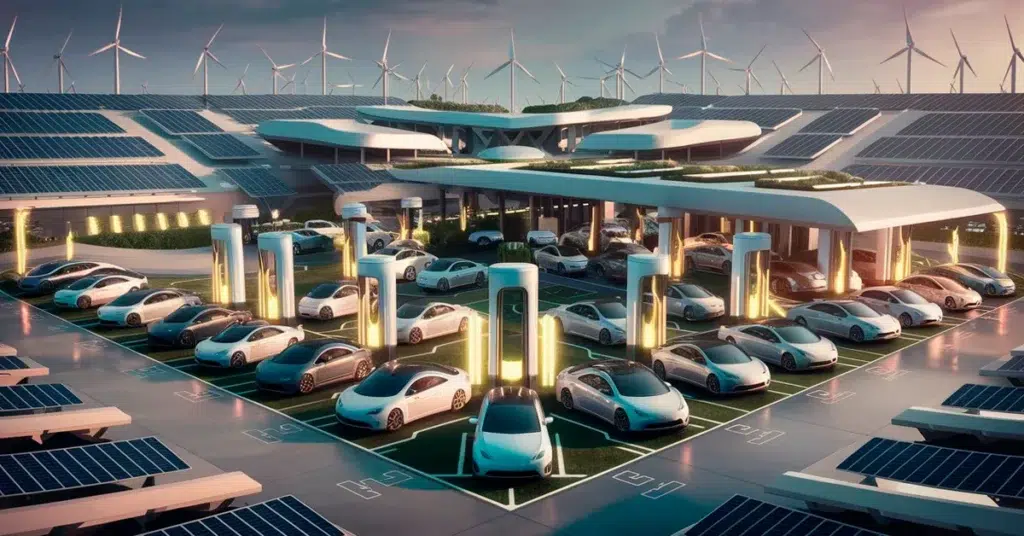
Tesla’s recent decision to halt its plans for a manufacturing plant in Thailand has sparked significant interest and speculation regarding the future of the electric vehicle (EV) industry in Southeast Asia. This development holds considerable implications, particularly for Malaysia, as the region navigates its economic and industrial strategies in response. This article examines the reasons behind Tesla’s strategic shift, the impacts on Thailand and Malaysia, and the broader regional implications.
Background of Tesla’s Southeast Asia Expansion Plans
Tesla’s initial announcement to establish a manufacturing plant in Southeast Asia, particularly in Thailand, was met with enthusiasm. The plan was part of a broader strategy to tap into the burgeoning EV market in the region. Southeast Asia, with its rapidly growing economies and increasing demand for sustainable transportation solutions, presented a lucrative opportunity for Tesla. The proposed investment of $5 billion was expected to create thousands of jobs and stimulate local economies.
Initial Announcement and Expectations
Tesla’s announcement in late 2023 indicated a commitment to expanding its global manufacturing footprint. Thailand, known for its robust automotive industry, was chosen as the preferred location, with Malaysia and Indonesia also being considered. This move was anticipated to enhance Tesla’s production capacity and meet the growing demand for EVs in Asia.
Strategic Importance of Southeast Asia for Tesla
The strategic importance of Southeast Asia for Tesla cannot be overstated. The region’s favourable demographics, supportive government policies, and increasing environmental awareness made it an attractive market for EV manufacturers. Establishing a manufacturing plant in Thailand was seen as a critical step towards consolidating Tesla’s presence in Asia and competing effectively with other global and regional players.

Reasons for the Shift in Tesla’s Strategy
However, in a surprising turn of events, Tesla announced in mid-2024 that it would not be pursuing the manufacturing plant in Thailand. This decision was attributed to several factors, including economic concerns and internal strategic adjustments.
Economic Concerns and Rising Interest Rates
Economic uncertainty played a significant role in Tesla’s decision. Rising interest rates globally have made financing large-scale projects more challenging. Elon Musk, Tesla’s CEO, has expressed caution regarding the economic conditions, referencing past financial crises as a reason for a more conservative approach. The affordability of Tesla’s vehicles is directly impacted by these economic factors, influencing the timing and feasibility of new manufacturing projects.
Internal Challenges and Resource Allocation
Internally, Tesla faces challenges related to resource allocation and strategic prioritisation. The company has substantial ongoing projects in other regions, including the expansion of its facilities in Texas and the delayed factory in Mexico. These projects require significant investment and management focus, leading to a re-evaluation of the Southeast Asia plans.

Thailand’s automotive industry, a critical sector of its economy, was poised to benefit significantly from Tesla’s investment. The cancellation of the manufacturing plant has several implications for the industry and the broader economic landscape.
Expectations from Tesla’s Entry
Tesla’s entry was expected to catalyse advancements in Thailand’s EV sector, positioning the country as a regional hub for EV production. The investment would have created numerous job opportunities, boosted technological development, and attracted further foreign investments.
Alternative Investments and Opportunities
With Tesla’s withdrawal, Thailand must now explore alternative investments and opportunities to sustain its growth in the EV sector. The government may need to strengthen its incentives for other EV manufacturers and promote local innovation to fill the gap left by Tesla.

Implications for Malaysia
For Malaysia, Tesla’s decision carries both challenges and opportunities. As one of the countries considered for the plant, Malaysia must reassess its position in the regional EV landscape.
Potential Economic Impact
The potential economic impact of not securing Tesla’s investment is significant. The expected boost to employment, technological advancement, and industrial growth will need to be sought through other means. However, Malaysia can leverage its existing automotive and manufacturing strengths to attract other international players.
Opportunities for Local Competitors and Market Players
Tesla’s absence also presents opportunities for local competitors and market players to strengthen their position in the EV market. Malaysian companies can capitalise on the growing demand for EVs and the government’s supportive policies to enhance their market share and technological capabilities.

Broader Regional Implications in Southeast Asia
The broader regional implications of Tesla’s decision are profound, affecting the EV market dynamics and investment climate across Southeast Asia.
EV Market Dynamics in Southeast Asia
The EV market dynamics in Southeast Asia are evolving rapidly. Tesla’s withdrawal may slow down the expected growth momentum, but it also opens the field for other manufacturers to establish a foothold. Regional players like BYD and international automakers with existing plans in Southeast Asia may see this as an opportunity to expand.
Investment Climate and Future Prospects
The investment climate in Southeast Asia remains attractive, despite Tesla’s decision. Governments in the region are likely to continue their efforts to attract foreign investment through favourable policies and incentives. The future prospects for the EV industry in Southeast Asia remain positive, driven by the region’s commitment to sustainable development and technological advancement.

Future Prospects and Strategic Directions for Tesla
Looking ahead, Tesla’s strategic focus appears to be shifting towards enhancing its existing infrastructure and exploring new markets cautiously.
Focus on Charging Infrastructure
Tesla has indicated a renewed focus on strengthening its charging station ecosystem in Southeast Asia. This approach aligns with the company’s strategy to support its existing customer base and prepare the market for future expansion. By improving the charging infrastructure, Tesla aims to facilitate the adoption of EVs and build a strong foundation for future growth.
Long-term Vision and Other Potential Markets
Tesla’s long-term vision includes exploring other potential markets and expanding its manufacturing capabilities when economic conditions are more favourable. The company remains committed to its global expansion strategy but is likely to prioritise regions with stable economic environments and supportive policies.
Conclusion
Tesla’s decision not to pursue its manufacturing plant in Thailand represents a significant shift in its strategy, driven by economic concerns and internal priorities. While this decision impacts Thailand and Malaysia, it also creates opportunities for other players in the EV market. Southeast Asia remains a promising region for EV development, and Tesla’s future actions will be closely watched as the company navigates its global expansion amid economic uncertainties.
As the region adapts to this development, governments and industry players must collaborate to sustain the momentum of the EV revolution and leverage the opportunities presented by Tesla’s strategic shift. The evolving landscape offers a dynamic environment for innovation, investment, and growth in the Southeast Asian EV market.





